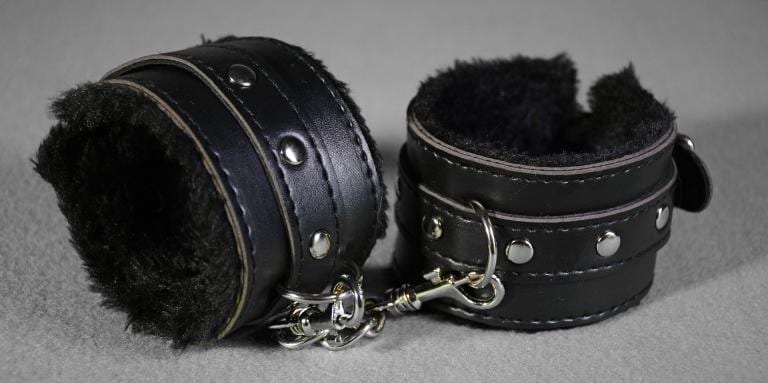Yet again, the Church is being rocked by a clerical abuse scandal. And yet again, I see people repeating the sentiment that “If people’s faith is being destroyed by the actions of men, then their faith was in men and not in God.”
Two Sundays ago, sitting in Church, I couldn’t help but think of this when the reading from Jeremiah came up:
“Woe to the shepherds who are destroying and scattering the sheep of my pasture!” declares the Lord. Therefore this is what the Lord, the God of Israel, says to the shepherds who tend my people: “Because you have scattered my flock and driven them away and have not bestowed care on them, I will bestow punishment on you for the evil you have done,” declares the Lord. (Jeremiah 23:1-2)
There is a massive divide between these two reactions to pastoral abuse. Spiritual authority comes with a very great weight of personal responsibility precisely because a pastor is charged with caring for souls. We call our priests and bishops “Father” and the Pope “Papa” because they have a genuine obligation to act as spiritual fathers to the souls in their care.
Now, let’s say that you encountered a child on the street and you asked him “Why did you run away from home?” and he said “My father was sexually abusing me.” Or a girl in a shelter, “My parents neglected me so badly I had to steal food from the neighbour’s trash bins.” Would you blame these children for having run away? Would you tell them that it was their job not to be driven off by what their parents did to them?
God’s response, as told to Jeremiah, is not to blame the scattered sheep. He doesn’t say “Well, they should have stuck it out with the bad shepherds. They should have forgiven them. Or found better shepherds. They shouldn’t have let themselves be scattered.”
Instead, He focuses the blame where it belongs: on the abusers. On the shepherds who have done evil. He ascribes the loss of the flock to the bad shepherds who have “driven them away.”
Some Christians (including the visiting homilist at my parish) want to be able to turn the passage around, and shift the focus onto the “responsibilities of the sheep,” this is an approach that involves twisting the actual meaning of the passage. When it is employed towards those who are scandalized by abuse, it is an exercise in blame-shifting — not, as I recall, a tactic that impressed God very much the first time it was employed (cf. Gen 3:12-13).
To the scattered sheep, Jeremiah addresses no rebuke. Quite the opposite. To them, he gives a promise “I myself will gather the remnant of my flock out of all the countries where I have driven them and will bring them back to their pasture, where they will be fruitful and increase in number. I will place shepherds over them who will tend them, and they will no longer be afraid or terrified, nor will any be missing,” (Jeremiah 23:3-4)
Awesome image of abandoned sheep, courtesy of Pixabay.
Stay in touch! Like Catholic Authenticity on Facebook:












